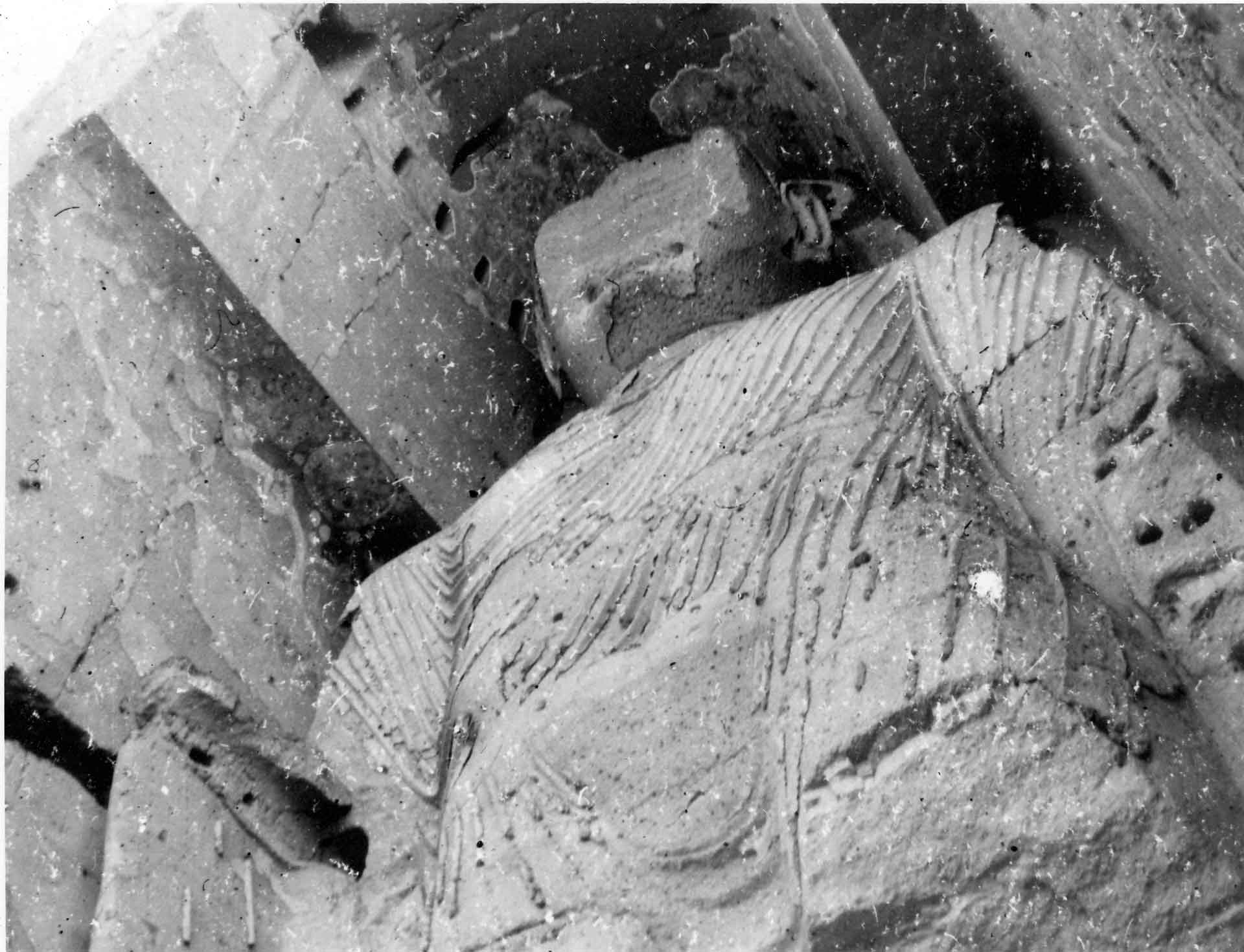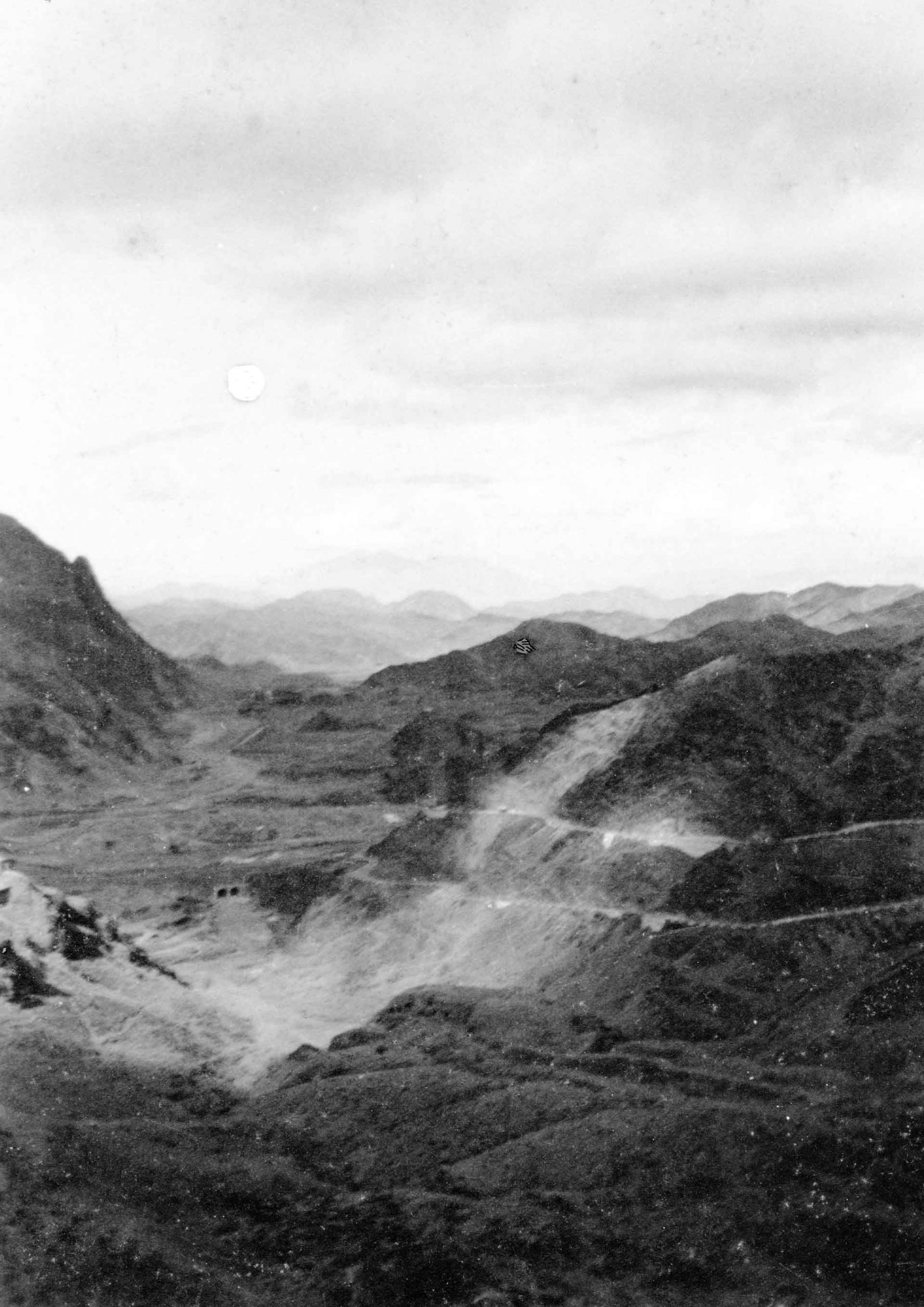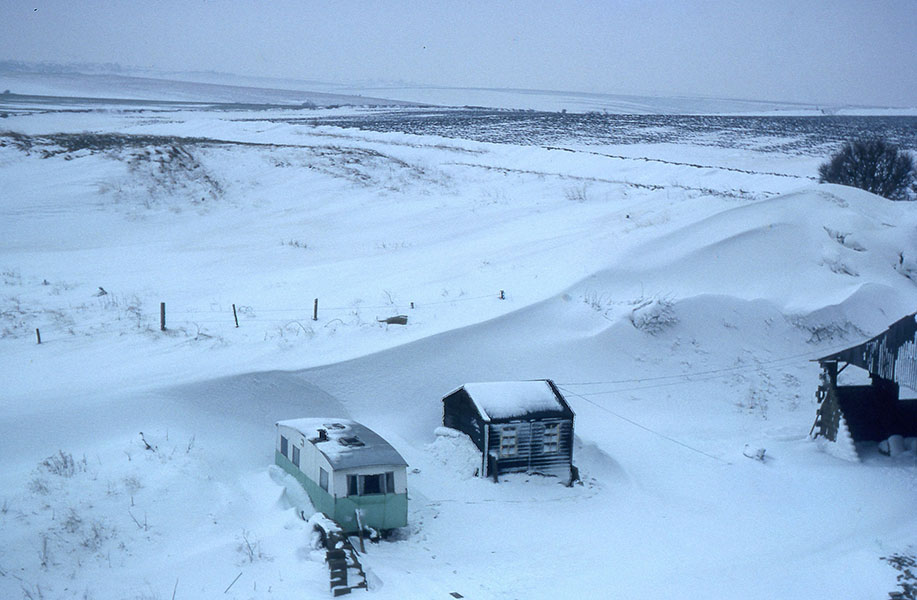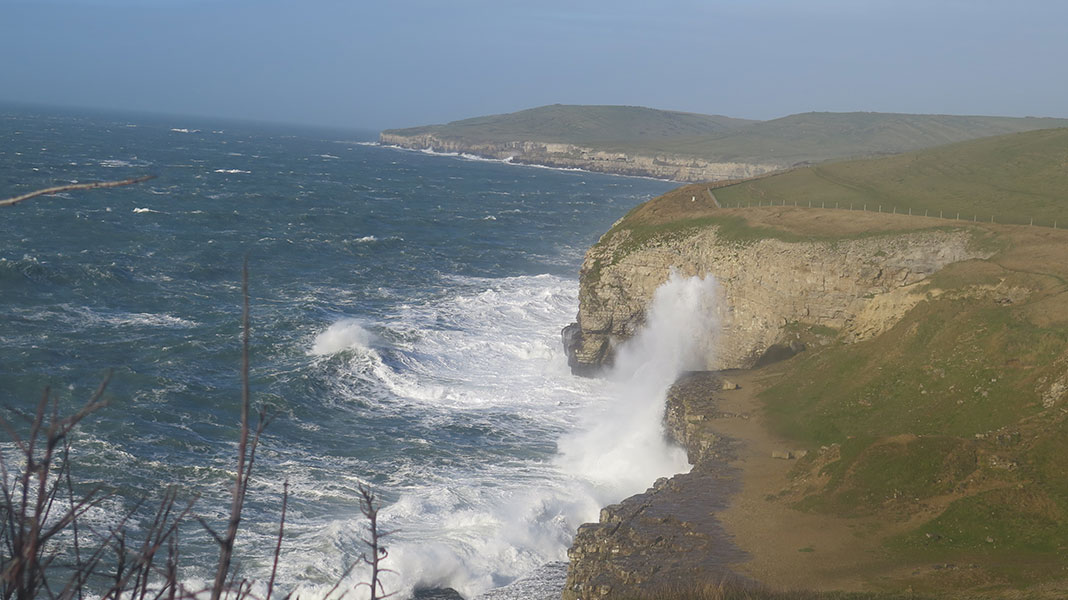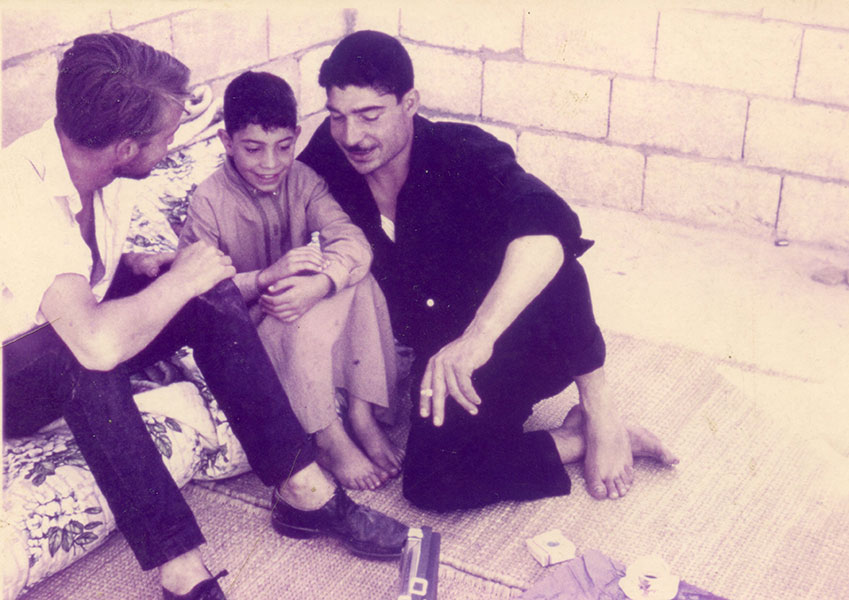5. Into India

4. East Against The Trend – 2
May 7, 2020
6. Closing In On Churu Town
May 21, 2020T he following summer, Werner and I were to meet in Istanbul and make for India. I found a cheap flight to Salzburg and a lift with three English lads in a 1954 Ford Popular up the mountain, Grossglockner, where the car gave up. From there it was hitching. In Ljubiana, after 2 hours wait, a Yugoslav journalist stopped on his way to Belgrade. He picked up a communist group-leader, who spoke of racism in Yugoslavian Universities, of increased private ownership along the new motorways. That coastal autoput was opened by May! A fiercely chauvinist Serbian woman was followed by two Belgian boys, whose baggage had been stolen from their car. They dropped me in Nis.
I sheltered from pouring rain in a little restaurant: first meal in two days. The lights flickered and Marshal Tito gazed sternly from the wall. An uncomfortable night beneath a bridge, waking by a stream with kingfishers. No lifts that day, I caught a train into Bulgaria, sitting by a woman with dark, intense eyes, wearing black, a green scarf round her head. She smiled continually, even while rebuking her naughty grandchild! Several days in Istanbul waiting for Werner. Thin cats of various ages slouched through evening streets, uniform only in their cadavourousness, and, by day, I explored ruins. In a mosque a big funeral was accompanied by the military, two coffins draped in gold-inscribed green flags, a third in the national scarlet. The band played Chopin's Marche Funebre. Werner was delayed: we'd meet in India.
I left with an Israeli student and a red-haired Brit. Three is never promising. At Izmit, we played football and boat-raced local boys. When a truck could only take two, I was eliminated by a tossed coin and got a slow tanker to Ankara, a series of orange Chevrolet pick-ups eastwards. In towns withered-legged polio victims, white-eyed, blitz-faced smallpox survivors still begged. A lorry to Erzincan, then a smart-suited boxing bus conductor took me free into Erzurum. It was vacation; a Kurdish student put me up in an empty college dormitory. He had divorced his bride as no virgin, condemning her to the streets. A coal lorry passed snowy Ararat to the frontier.
Crossed into Iran with two French students and a couple of Swiss boys, Gabriel and Andreas, driving a Citroen 'deux chevaux'. On the road, I repeatedly leap-frogged the same folk. Those Swiss were among those to reappear. Imperial Iran was not popular with travellers; buses were often cheaper than hitching. It took a series of buses, passengers miming different prayer gestures to ascertain whether I were Shia or Sunni, to reach holy Shia Meshed. There, a naughty bus crew provided forbidden arak on the terminus roof.
At Youssafabad six people had died of cholera in the last few days. A ragged German with long hair, roughly hand-stitched clothes and no passport set off to walk into Afghanistan, bypassing the frontier post. A group of us waited for the Afghan Post night bus across the border to Herat. The little bus's driver, an elderly Afghan with a splendid white moustache, sheepskin cap and a somewhat precarious dhoti, sat in a decrepit chair facing the massed wires of controls. There were people on the roof. We ran over a big snake. Everyone got down while the driver reversed to make sure it was dead. We lay in front of a police station under amazing stars: hard to ignore them and sleep. A note: 'life is mere seconds of consciousness given to all matter once in every N aeons'.
Herat was full of Russians finishing the highway to Kandahar. The Americans were halfway along the Kandahar-Kabul stretch. I hitched a Volga car, which broke down in bare wasteland, leaving me in its shallow shade while the driver repaired the fault. In Kandahar my first tonga, a one-horse buggy, galloped through the streets to catch the Kabul bus.
In Kabul, I was back with the French students and the Swiss. Andreas was ill. Gabriel wanted to drive to the great Buddhas at Bamiyan, but not alone. We left bags with Andreas and paid our way. After 70 km of good road a turn westwards along 150km of rough track, getting out to walk at each bad patch. At nightfall we pulled up to eat and were joined by villagers, who came to play and dance. Two slept in the car, two outside, me with a loaded pistol under my pillow, a French guy with a knife. At dawn a rustling in the bushes. I gripped the pistol... a little boy appeared with the gift of a melon and we caught some fish.
Took eight photographs on that trip to India: four were of those doomed Buddhas, the tallest 53m high, the dramatic Shibar Pass towards them, then carried no camera for ten years. Back in Kabul Andreas had recovered. We took the bus to Peshawar. Beyond the Khyber Pass lay Pakistan - my parents' India. Looked for my grandfather's grave in Rawalpindi (actually he lies in Murree) then visited the new capital, Islamabad.
Beyond Lahore into modern India: free board and lodging at Amritsar's Sikh Golden Temple and a visit to Le Corbusier's new Punjab capital, Chandigarh. Train to Delhi and a huge anti-government demonstration against a border agreement with Pakistan – thousands of orange-capped men.
That short tour included Nepal, a trek from Kathmandu to Pokhara, visits to Benares, the Taj Mahal and the Ajanta Caves, then India and Pakistan were at war, slamming the door on that route home. Cholera closed Iran. Flying was too dear: the only way back was deck-class on The Dwarka from Bombay to Basra (at black market exchange rates £10, including food), train from Baghdad to Istanbul, and third class on the Orient Express. Late back to college again, but I'd reached India...

